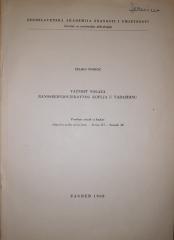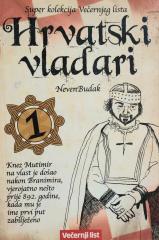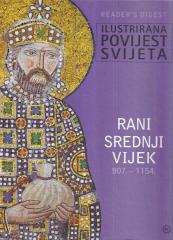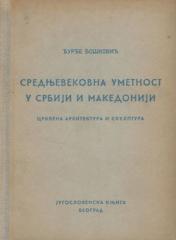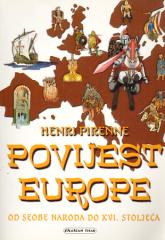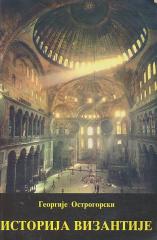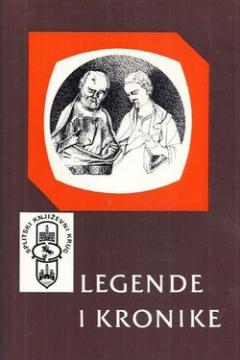
Legende i kronike
„Legenden und Chroniken“ ist eine Sammlung unschätzbarer Texte aus dem Mittelalter und der Neuzeit, die den Legenden und Chroniken von Trogir, Split und Brač gewidmet ist. Als seltener antiquarischer Schatz erinnert sie uns an den Zauber Dalmatiens, wo Le
Die über Jahrhunderte entstandenen Legenden und Chroniken von Trogir, Split und Brač bergen neben den für die Rekonstruktion der Geschichte dieser Region von großer historischer Bedeutung wichtigen Daten den unverfälschten Zeitgeist ihrer Entstehungszeit. Der Splitter Essayist und Literaturkritiker Gligo (1939–2011), Autor von „Erinnerungen an Marina“ und „Kroatische Mythologie“, und der Historiker und Herausgeber Morović haben Texte zusammengetragen, die die Lokalgeschichte im Geiste ihrer Zeit rekonstruieren: von Heiligen und Wundern bis hin zu Alltagsberichten über Inseln und Städte unter venezianischer und kroatischer Herrschaft.
Das Buch ist in zwei Teile gegliedert: Der erste enthält die editorischen Abschriften, der zweite die Faksimiles der Handschriften. Zu den Legenden gehören die „Geschichte des Hl. Dujem und Staš“ (mystische Visionen der Kathedrale von Trogir), die „Lebensgeschichte des Hl. Johannes von Trogir“ (eine Geschichte von Martyrium und Wundern aus dem 12. Jahrhundert) und die „Lebensgeschichte des Hl. Arnir“ (eine Legende über den Bischof von Split). Zu den Chroniken zählen: Miha Madijev de Barbazanis „Geschichte“ (Trogirer Notare aus dem 16. Jahrhundert), A. Cutheis „Tabula“ (genealogische Aufzeichnungen), Dujam Hranković „Beschreibung von Pater Brač“ (Geographie und Sitten aus dem 17. Jahrhundert) und Vicko Prodić „Chronik von Pater Brač“ (italienisches Original, übersetzt von Josip Posedel, über die Clans von Brač und die Seefahrt). Zitat aus der Legende: „Der heilige Johannes sah die Stadt im Traum in Flammen und rief: ‚Trogir, rette dich vor dem Feuer der Sünde!‘“
Themen: die Vermischung von Heidentum und Christentum, die Identität Dalmatiens, Widerstand gegen Invasoren und die Bewahrung der Tradition. Als Quelle für Historiker (z. B. in Arbeiten über die Kathedrale von Trogir) betont das Buch die Čakavische Sprache und den lokalen Patriotismus und beeinflusst die zeitgenössische kroatische Regionalliteratur. Im Kontext der 1970er Jahre ein Symbol des Widerstands gegen das Vergessen: „Chroniken sind nicht nur Papier, sondern die Stimme des Volkes gegen die Zeit.“
One copy is available
